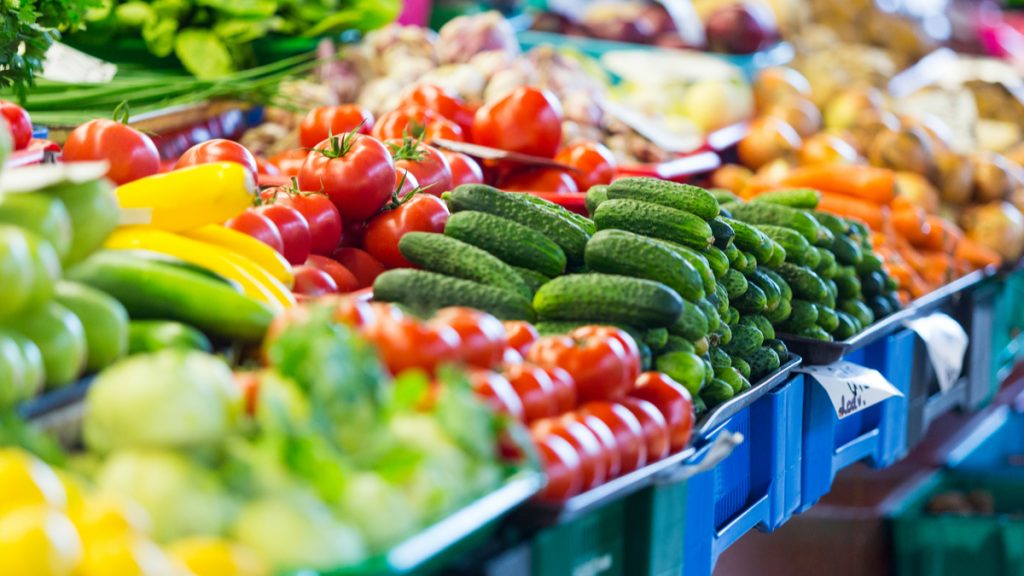Having many varieties of fruits, vegetables and food products of all kinds is considered normal in our consumer society. But we must not forget that this has a price and, ecologically speaking, this price is particularly high, denounces in particular a new study.
Food transport responsible for 6% of global CO2 emissions
It is a fact, agriculture, livestock and food production are among the most polluting sectors of activity in the world. But the pollution generated by the food sector unfortunately does not stop at the production of raw materials and their transformation into various food products. The worst part of the matter concerns in particular the food miles, that is to say the long distances that the food must travel from its place of production to the consumer’s plate.
According to a new study by researchers at the University of Sydney, it would be even worse than previously thought. Their research showed that global food miles were responsible for 3 billion tonnes of carbon dioxide emissions, 3.5 to 7.5 times more than previous estimates. This represents about 6% of greenhouse gases, the researchers explained in the results of their study published in the journal nature food.
” Our study estimates that global food systems, through transport, production and land use change, contribute about 30% of total human-caused greenhouse gas emissions. Thus, food transport – at around 6% – accounts for a significant proportion of global emissions “, said Mengyu Lilead author of the study in a statement. ” Emissions from food transport account for almost half of direct emissions from road vehicles “, she added.

The richest countries bear the main responsibility
The scientists also found that when it comes to food miles, fruits and vegetables had the highest miles. This is partly due to the fact that consumers often demand out-of-season fruits and vegetables which then have to be imported from the other side of the world. By the way, it was also noted that the richest countries were most to blame for the highest food miles. They are responsible for 52% of food miles.
In other words, this means that rich countries are responsible for 46% of CO2 emissions in this area, while they represent only 12.5% of the world’s population, reported The Guardian. Faced with these alarming findings, the researchers ask the responsible authorities as well as consumers to approach food-related pollution from several angles. Until now, in fact, trends aimed at making food production more sustainable have mainly focused on dietary transitions favoring fruits and vegetables instead of meat. Given the results of the study, the researchers encourage the production and consumption of local products.
[related_posts_by_tax taxonomies=”post_tag”]
The post Food transport is an ecological disaster, study finds appeared first on Gamingsym.

